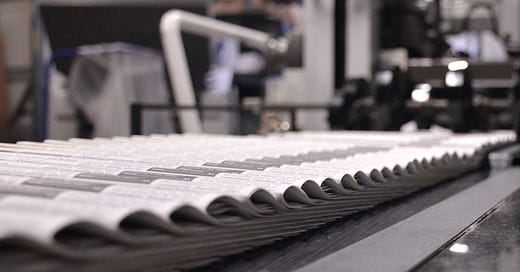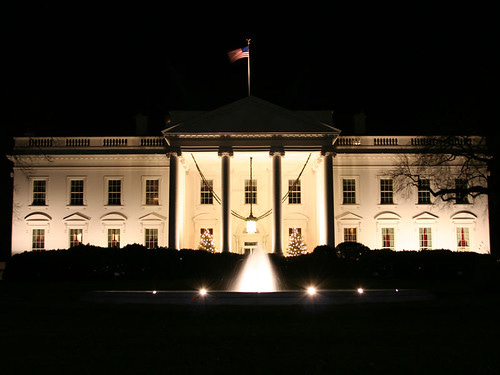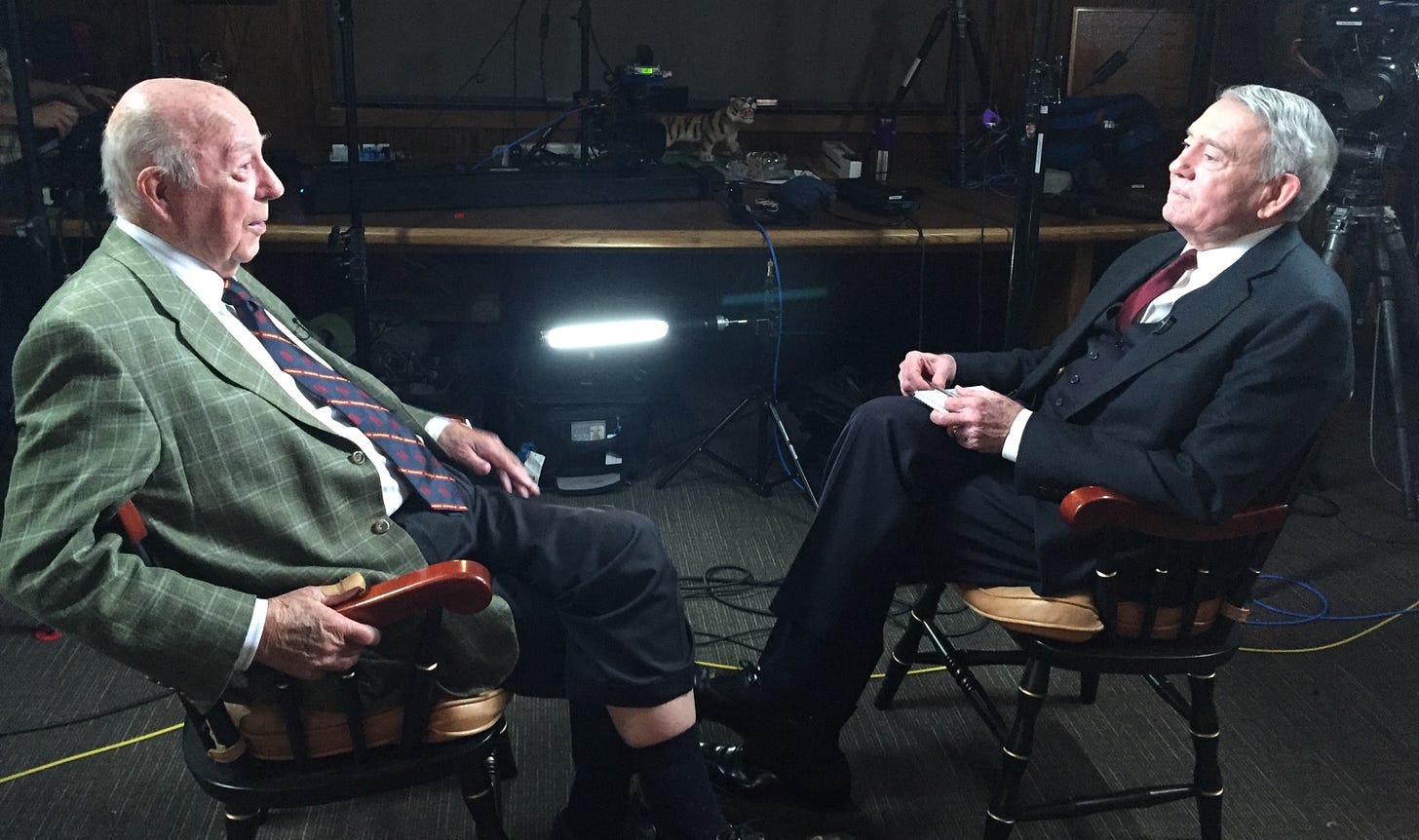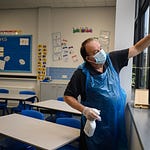Press play to listen to Dan Rather read this essay.
Three stories dominated the headlines this past week. They may seem at first glance distinct from each other, but I believe they are intertwined in important and revealing ways: the guilty verdict in the Derek Chauvin murder trial, Earth Day accompanied by bold climate announcements from the Biden administration, and the ongoing COVID pandemic.
One obvious connection is what a difference an election makes. Could you imagine what would have happened if Donald Trump still had the presidential megaphone during the Chauvin trial and its aftermath? Actually, you can get a sense from the unhinged, racist rhetoric emanating from Fox News. Then amplify that by about 100.
Now onto the climate front. Instead of a groundswell of hope that our crisis is being met with urgency and seriousness in Washington, we would have had four more years of denial and destruction. We are already in a dire place, but the consequences of a different election result would have made the situation far worse.
And with COVID? All one has to do is see the ongoing distrust of public health officials and the vaccine among Trump voters to understand where we might be if such beliefs, not to mention pervasive incompetence, still shaped our national pandemic response.
The connections between these stories, however, goes much deeper than the failings of the previous president and his administration. They coalesce around one immutable fact —we are all connected to each other, shaped in our own lives by how we treat our fellow human beings and our planet. We build systems —of justice, energy, transportation, economics, public health, and many others. We hope that they allow for progress, but they are invariably shaped by our own biases and the limits of our imagination. Over time, systems do evolve, and often for the better. But we must remain vigilant and open to new ideas. We must constantly ask how we can do better. We must listen more to others and how what may work for us does not work for them. This is what the metaphor of the “fabric of society” is all about.
Sometimes, we hit a point of inflection where we recognize that what is needed is not gradual improvement but a fundamental rethink. And I would argue that the three stories we’ve been talking about this week demonstrate that not only is there a broad belief that we need to fundamentally assess how we mete out criminal justice, protect the planet, and care for our health, but that change, potentially big, epochal change, is already underway. As I like to say here, and elsewhere, I have lived a long time and seen a lot of transformation. This feels like a moment when we can remake a lot of our world, for the better.
In seeking to build a more just and sustainable future, it is important to not only recognize what needs to be fixed, but the strengths of what is already in place. In each of these stories, we see a lot of reasons for optimism on that front.
In the trial in Minnesota, we saw a disciplined and determined team of prosecutors. We saw fellow police officers testify against Chauvin. We saw a multiracial jury convict on all counts. This is a criminal justice system that can work, and work well. Now we need to make sure that it works well more often. In our climate crisis, we see scientists and other experts think a drastic reduction won’t be easy, but it is possible. And that’s because of a revolution in technology, particularly around clean energy. We also see a rising generation of leaders who are determined to make combating climate change their animating principle. On the COVID front, we have seen remarkably effective vaccines produced in record time, thanks in no small part to years of basic research. We have seen scientists share information across national boundaries in order to spread the knowledge that could finally end the pandemic.
In all of these examples, however, we must recognize how vulnerable the progress is and how strong the headwinds are in the opposite direction. A lot of these counter-forces center around denial of the central problem: systemic injustices around race, global warming, and even the seriousness of COVID. These forces not only threaten future progress, but could push us even further behind where we are currently.
What makes me believe that this won’t be the case, that my optimism is justified, is that energy is more on the side of progress. I think even the business community is beginning to respond to the growing will of the people. They recognize that a future built around science, the truth, and a more equitable society isn’t just the morally right thing to do, it’s good for the bottom line. The biggest threat is the political imbalance in this country which means that even if the majority of the public believes a certain way, minority and unpopular viewpoints can wield power well beyond the limits of their numerical support in gerrymandered districts, the Senate, and the courts.
But even there, I think the pressure is growing that will be too great to be contained. In an interview I did a few years back with the former Secretary of State George Shultz, we talked about why he had become such a big advocate for action on the climate. He knew it was not a popular viewpoint in the Republican Party in which he had once been a leader. But he said the truth would ultimately win out and those who stood in the way would end up being “mugged by reality.”
Mugged by reality. It’s a phrase that sticks in the mind. Of course muggings come with pain and suffering. We see that in the face and words of George Floyd. We see that in lives upended by storms, droughts, and other climate disasters. And we see it in the millions killed by COVID. But even while we see ongoing denial, more and more people are having to face realities they may have wanted to downplay or dismiss in the past. That was true of three stories in this week’s headlines. And I suspect it will lead to real action and change. Once you start to see things as they really are, it’s impossible to go back to a place of ignorance. Many knew these lessons already, especially those who have been marginalized by society. Now we have a chance to right wrongs and forge a future better prepared for the challenges we have ignored and the ones we have yet to face.
— Dan
Please consider subscribing to STEADY, if you have not already. Our goal is to build a vibrant digital community —the more voices, perspectives, and viewpoints that can add to the conversation, the merrier.












Share this post